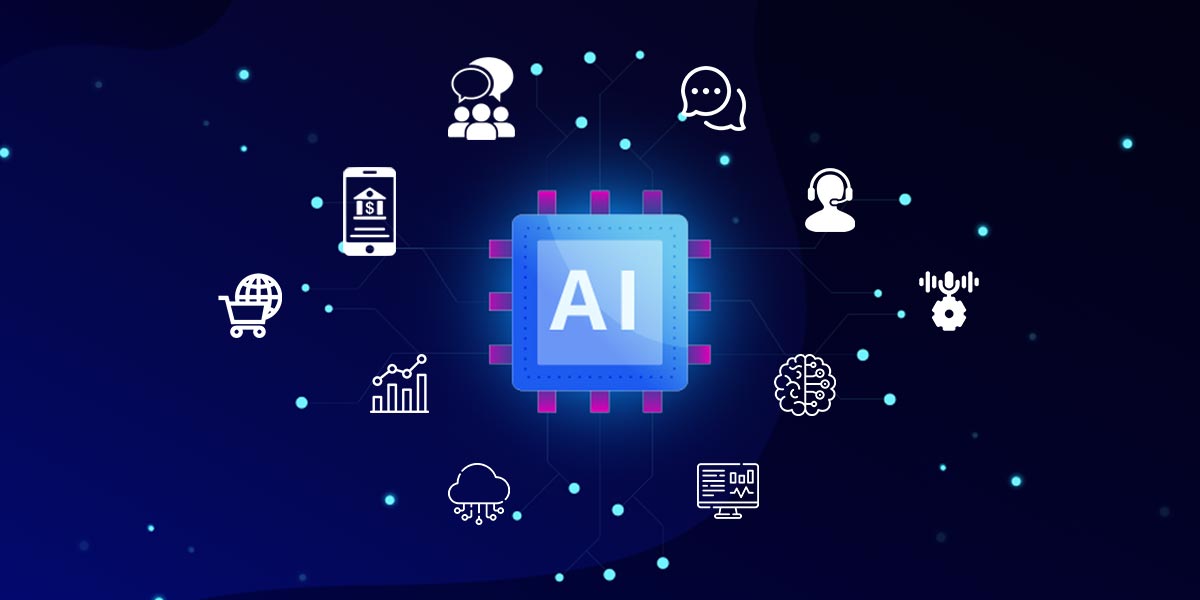
Whether you’re an academic, data scientist, business analyst, or industry researcher, AI-powered tools can accelerate discovery, streamline analysis, and enhance decision-making. Here are the 15 best AI research tools professionals should be using in 2025.
🔍 AI-Powered Search & Discovery
1. Elicit
Best for: Literature reviews & paper summaries
Uses AI to extract key insights from research papers and generate summaries.
🔗 elicit.org
2. Consensus
Best for: Evidence-based answers from scientific papers
Ask research questions and get AI-generated answers with citations.
🔗 consensus.app
3. Scite.ai
Best for: Smart citations & paper validation
Analyzes if research papers are supported or contradicted by later studies.
🔗 scite.ai
4. Semantic Scholar
Best for: AI-filtered academic search
Prioritizes high-impact papers using AI-powered recommendations.
🔗 semanticscholar.org
📊 Data Analysis & Visualization
5. Julius AI
Best for: AI-powered data analytics
Upload datasets and get instant statistical analysis in plain English.
🔗 julius.ai
6. Tableau GPT
Best for: AI-assisted data visualization
Generates charts and dashboards from natural language queries.
🔗 tableau.com
7. Polymer
Best for: Turning spreadsheets into AI-powered databases
Instantly analyzes and visualizes data without coding.
🔗 polymerhq.io
📝 Writing & Academic Assistance
8. Trinka AI
Best for: Technical & academic writing
Grammar checker optimized for research papers and reports.
🔗 trinka.ai
9. Paperpal (by Researcher)
Best for: Manuscript editing & peer review prep
AI suggests improvements for academic writing style.
🔗 paperpal.com
🧠 Knowledge Management
10. Mem.ai
Best for: AI-organized notes & knowledge graphs
Automatically connects related concepts across your research notes.
🔗 mem.ai
11. Notion AI
Best for: Research wikis with smart summaries
Generates meeting notes and extracts action items automatically.
🔗 notion.so/product/ai
🔬 Specialized Research Assistants
12. BioGPT (Microsoft)
Best for: Biomedical literature analysis
AI trained on millions of biology papers for life sciences research.
🔗 microsoft.com/en-us/research/project/biogpt
13. Iris.ai
Best for: Patent & technical document analysis
Extracts key information from complex technical documents.
🔗 iris.ai
🤖 AI Coding for Research
14. GitHub Copilot
Best for: Research code generation
AI pair programmer that helps with Python, R, and Julia scripts.
🔗 github.com/features/copilot
15. Jupyter AI
Best for: AI-assisted computational notebooks
Generates and explains code directly in Jupyter environments.
🔗 jupyter.org
🔎 Why These Tools Matter
- Save 50-70% time on literature reviews
- Discover hidden connections in your data
- Write publish-ready papers faster
- Stay ahead of competitors in industry research
Pro Tip: Combine tools like Elicit + Julius AI + Trinka for end-to-end research workflow optimization.
Which tool will you try first? Let us know in the comments!
🔗 Follow for more AI & research insights! 🚀


Leave a Reply